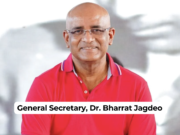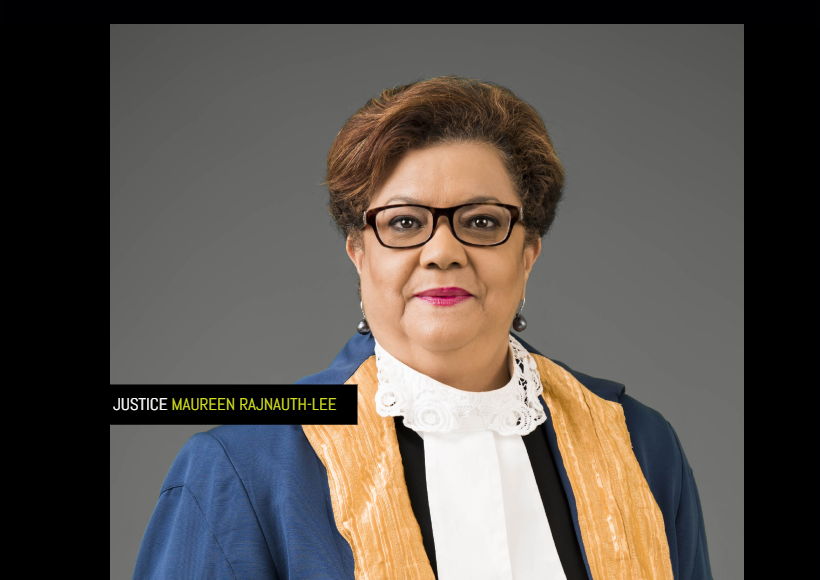The Caribbean Court of Justice (CCJ) on Wednesday morning delivered its judgment for the special leave application made by a child rapist who was seeking to review two life sentences.
The judgment in the case ‘A B v the Director of Public Prosecutions (DPP) Shalimar Ali-Hack, SC’ was handed down by the Honorable Justice Maureen Rajnauth-Lee, at the CCJ’s second itinerant sitting in Guyana.
Notably, the CCJ anonymized the entire proceedings, as such, the name of the applicant cannot be mentioned.
In this matter, the applicant was charged and convicted with two counts of sexual activity with a child contrary to the Sexual Offences Act of Guyana. It was alleged that the applicant engaged in sexual penetration with a child twice in 2016 and once in 2017, at the time of the rape the child was 7 and 8 years respectively.
Upon conviction, the applicant was sentenced to two concurrent life sentences by the trial judge, without the possibility of parole before the expiry of 20 years.
The convict appealed the matter at the Guyana Court of Appeal (COA), contending that the sentences imposed were excessive. However, the COA had affirmed the imposition of the sentences.
This led to the convict applying for special leave in order to appeal to the CCJ to review the COA decision.
In his application to the CCJ, the applicant contended that the sentences are manifestly excessive and that the sentencing process of the trial judge was flawed. He also contended that COA’s failure to review and correct these errors, amounts to a serious miscarriage of justice and justifies the granting of special leave by the CCJ.
However, Justice Rajnauth-Lee in handing explained that in accordance to the law, life sentences are within the range of punishment for crime of sexual activity which includes the penetration of a child.
“The crime of sexual activity with a minor was perpetrated by an adult in a position of trust, it is therefore fair to say that the choices of concurrent life sentences in this case was neither extraordinary or manifestly excessive,” Justice Rajnauth-Lee added. She continued that the 20-year non-eligibility for parole is well within the existing rage for similar cases.
As such, she denied the applicant special leave application and ordered that all parties stand their own cost.











